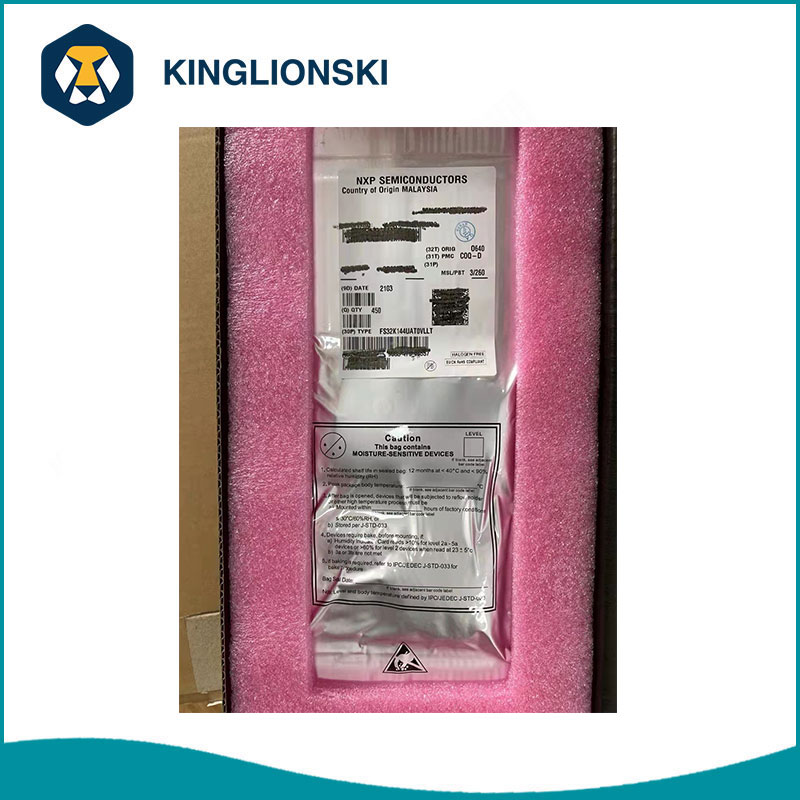Powering the Future: NXP Semiconductors' Solutions for Enhanced Power Efficiency in Electronic Devices
2023-12-11
Introduction:
In an era where electronic devices play an indispensable role in our daily lives, the quest for power efficiency has become a central focus for technology developers. NXP Semiconductors, a trailblazer in the semiconductor industry, stands at the forefront of addressing the challenges associated with power consumption in electronic devices. This blog explores the innovative approaches and solutions that NXP employs to enhance power efficiency, paving the way for a more sustainable and connected future.
1. Low-Power Design Philosophy:
- NXP adopts a holistic low-power design philosophy, recognizing the importance of minimizing energy consumption in electronic devices.
- From microcontrollers to processors, NXP's components are engineered with a focus on optimizing power efficiency without compromising performance.
2. Advanced Process Technology:
- NXP leverages cutting-edge process technologies to manufacture semiconductor components with smaller and more power-efficient transistors.
- This approach contributes to the reduction of power leakage and enhances the overall energy efficiency of electronic devices.
3. Energy-Efficient Microcontrollers:
- NXP's microcontrollers are designed with energy efficiency in mind, catering to applications where power consumption is a critical consideration.
- These microcontrollers strike a balance between performance and power efficiency, making them ideal for battery-operated devices and other power-sensitive applications.
4. Dynamic Voltage and Frequency Scaling (DVFS):
- NXP incorporates Dynamic Voltage and Frequency Scaling into its processors, allowing devices to dynamically adjust their voltage and frequency based on workload demands.
- This dynamic scaling optimizes power consumption by tailoring performance to the immediate requirements of the device, minimizing energy wastage.
5. Ultra-Low Power Components for IoT:
- Recognizing the power constraints of Internet of Things (IoT) devices, NXP offers a range of ultra-low-power components tailored for these applications.
- These components enable the deployment of battery-operated IoT devices that can operate for extended periods, reducing the need for frequent battery replacements.
6. Hardware Acceleration for Efficiency:
- NXP integrates hardware acceleration features into its processors to offload specific tasks from the main processor, enhancing efficiency and reducing power consumption.
- This approach is particularly beneficial in applications like signal processing and artificial intelligence, where dedicated hardware can significantly outperform software-based solutions in terms of power efficiency.
7. Smart Power Management:
- NXP components often incorporate sophisticated power management features, allowing devices to intelligently adjust power states based on usage patterns.
- Smart power management contributes to energy savings by minimizing power consumption during periods of inactivity and optimizing performance when needed.
8. Collaboration for Green Initiatives:
- NXP actively collaborates with industry partners and participates in green initiatives to promote energy-efficient practices.
- The company's commitment to sustainability extends beyond its products, encompassing eco-friendly manufacturing processes and environmentally responsible practices.
Conclusion:
NXP Semiconductors' commitment to addressing the challenges of power efficiency in electronic devices is evident in its innovative design approaches and advanced technologies. By focusing on low-power design principles, leveraging advanced manufacturing processes, and offering components tailored for specific applications, NXP empowers the electronics industry to create devices that are not only powerful but also environmentally conscious. As the demand for energy-efficient solutions continues to rise, NXP remains at the forefront, driving progress toward a more sustainable and efficient future for electronic devices.



